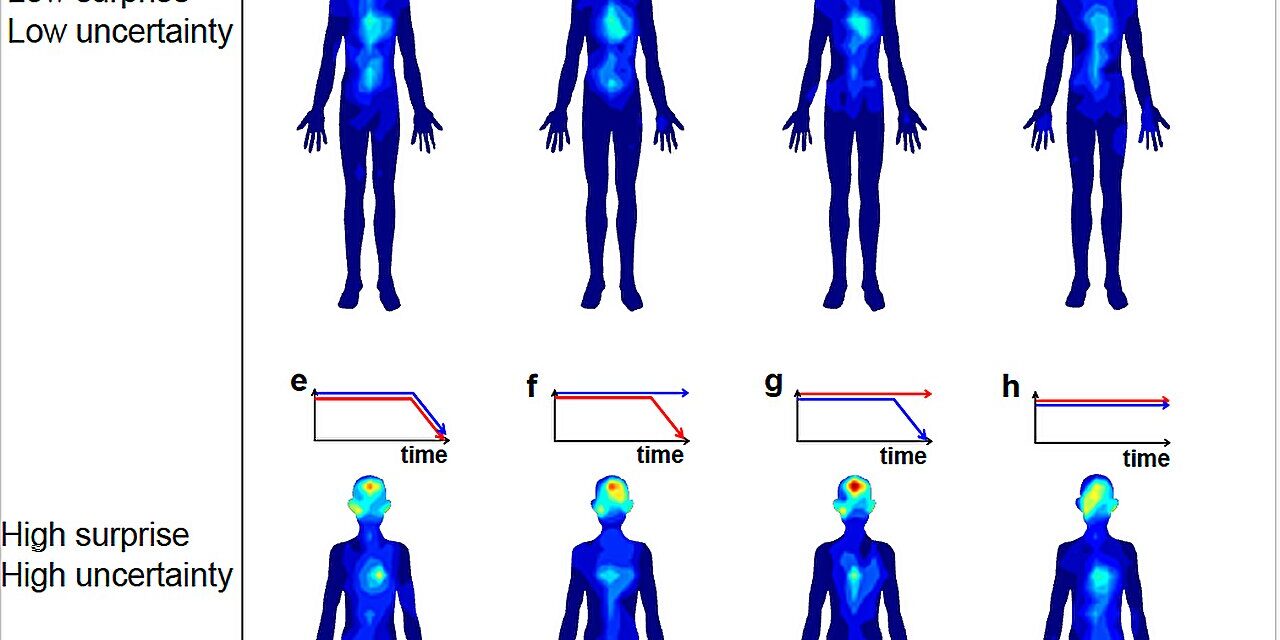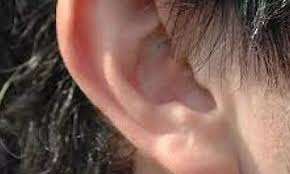Music has long held a special place in human culture, evoking a wide array of emotions and sensations that resonate deeply within us. But what is it about music that can elicit such intense feelings? A groundbreaking study, reported in the journal iScience, has shed light on this fascinating phenomenon by investigating how the perception of unique musical chords influences bodily sensations and emotions.
Led by Tatsuya Daikoku from The University of Tokyo, the study delved into the intricate interplay between musical uncertainty, prediction error, and temporal dynamics in eliciting distinct bodily sensations and emotions.
“Our study unveils the profound relationship between musical uncertainty, bodily sensations, and emotional experiences,” explained Daikoku. “We found that certain chord progressions trigger specific sensations in the heart and abdomen, while also evoking distinct emotional responses.”
The study involved 527 participants who were asked to map where they felt bodily sensations and describe their emotions while listening to various musical chord progressions of differing predictability. By examining the bodily responses and emotional experiences elicited by 92 unique chord progressions, the researchers aimed to unravel the embodiment of musical chord progressions and their impact on emotional states.
The findings revealed that uncertainty and surprise in music played a pivotal role in shaping bodily sensations and emotional responses. Certain chord progressions induced sensations in the heart, while others were more strongly felt in the stomach. These bodily sensations were closely associated with aesthetic appreciation and positive emotional responses to the music.
Moreover, the study identified distinct emotional responses evoked by different types of chord progressions. While some chords elicited feelings of aesthetic appreciation and reduced negative emotions such as awkwardness and anxiety, others brought about sensations of calmness, relief, satisfaction, nostalgia, and empathy.
The researchers proposed that these emotional and bodily responses to music are linked to musical interoception, the sensory perception of internal bodily states. They suggested that understanding this connection could have implications for mental well-being.
“In future studies, we hope to explore how these bodily sensations relate to physiological responses, such as changes in heart rate, to further elucidate the impact of music on mental well-being,” added Daikoku.
As the study unravels the intricate relationship between music, emotions, and bodily sensations, it offers valuable insights into the profound influence of music on human experience.











